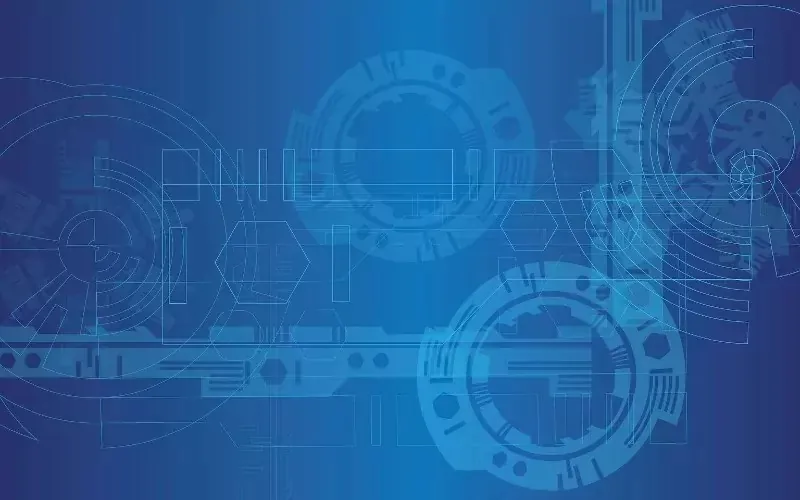In recent years, there has been a revolutionary shift in how technology is integrated into the judicial system. The implementation of cutting-edge tools has significantly enhanced the efficiency and effectiveness of court proceedings.
This transformation is spearheaded by leaders in the industry, who are pushing the boundaries of what is possible in legal technology. The integration of digital evidence presentation and virtual reality showcases the profound impact these advancements have on modernising traditional courtroom practices.
The Case for Courtroom Technology
The 2013 trial of Dale Cregan, notorious for its high-security measures and substantial costs, underscores the critical need for advanced courtroom technologies. Sean Murphy, founder of Evidential, advocates for embedding technology to streamline judicial processes. The trial, held in Preston due to Manchester courts lacking advanced tech, highlighted this need starkly.
By employing electronic presentation of evidence (EPE), Murphy’s involvement in high-profile cases has demonstrated significant cost savings. The implementation of EPE in the Morecambe Bay Cockle Pickers case alone saved approximately £500,000 in trial costs, illustrating the financial benefits of technological integration.
The Role of Virtual Reality
Murphy envisions a future where virtual reality plays a pivotal role in courtrooms. Although VR is yet to be used in UK courts, Evidential has pioneered its potential applications by creating a computer-generated crime scene. This innovation illuminates how VR could revolutionise legal proceedings by offering immersive reconstructions of crime scenes.
Beyond courtroom use, Murphy identifies VR’s vast potential in police training. VR offers immersive experiences that enhance officers’ spatial awareness and preparedness for real-world situations. The technology not only improves training outcomes but also presents cost-effective alternatives to traditional, resource-intensive training exercises.
Learning from International Models
The Netherlands stands as a model for paperless, tech-driven courtrooms. Murphy describes The Hague as a “vision of the future” for its comprehensive use of technology.
Transitioning to a paperless system, as seen at The Hague, exemplifies how technology can streamline case management and enhance accessibility.
Such advancements are essential for creating efficient and modern court environments that could significantly enhance the UK’s judicial system.
Innovation and Expertise in Collaboration
Evidential boasts a unique team of former police officers, forensic experts, and tech innovators. This diverse expertise enables the company to offer unparalleled services in digital evidence presentation and courtroom assistance.
Furthermore, collaboration with industries such as TV, gaming, and film provides inspiration for technological advancements in legal contexts. The integration of 3D printing, drone cameras, and other digital tools illustrates the creative adaptations possible in the legal field.
Adapting to Technological Advances
Evidential’s provision of technology, such as TV screens and wireless headphones, exemplifies their commitment to modernising courtrooms. Murphy aims to extend these services through formal agreements with the Crown Prosecution Service.
The geographical expansion into areas like London is strategised to ensure rapid response and support for technological failures, further broadening Evidential’s operational reach.
Recognition and Future Endeavours
Evidential’s recognition by Creative England as a ‘Top 50 company to watch’ highlights its innovative contributions to legal technology. Murphy’s selection as one of the ‘Future Leaders’ reflects his influential role in pioneering court tech advances.
A grant facilitated the development of a groundbreaking virtual reality project, poised to shift Evidential’s focus towards more immersive technological solutions.
The Promise of a Tech-Enabled Judicial System
With ongoing innovations, the adoption of courtroom technology promises to enhance efficiency and accuracy in legal proceedings. Advancements such as virtual reality and electronic evidence presentation are set to redefine traditional practices, paving the way for a more accessible and effective judicial experience.
As technology continues to evolve, its integration into the judicial system holds the promise of transforming how justice is served. The pioneering efforts of companies like Evidential illustrate a future where courtroom technology is at the forefront of legal innovation.


